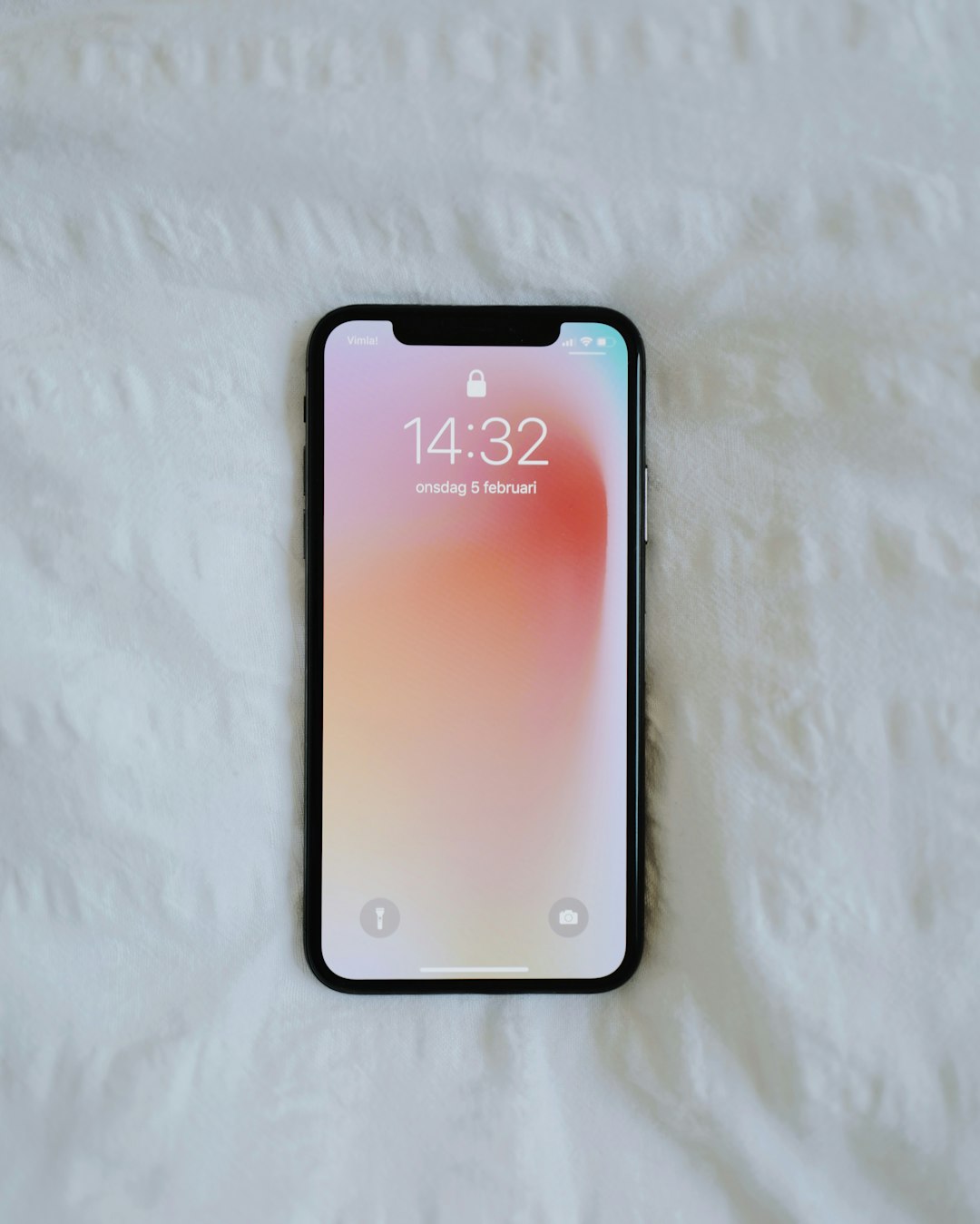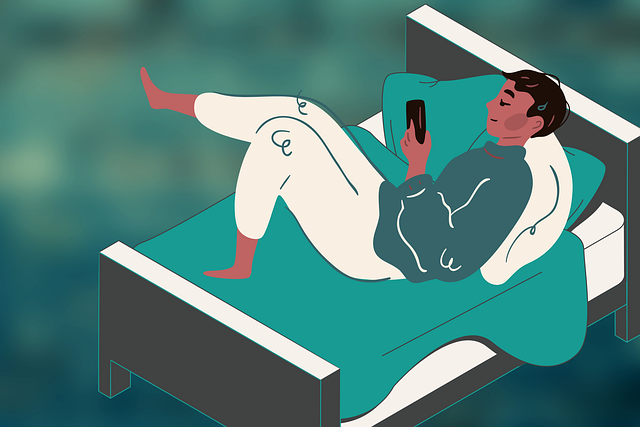In San Antonio, "No Call Laws" rigorously regulate unwanted phone calls from telemarketers, debt collectors, and commercial entities, giving residents control over their communication privacy. These laws prohibit non-consented calls unless in specific exceptions for government, non-profits, or legitimate business purposes like billing inquiries or existing transaction updates. Unlawful calls include repeated harassment, threats, obscene language, and false pretexts, with penalties up to $5,000 per violation. If receiving an illegal call, document details, contact consumer protection agencies, and block the caller to protect against future harassment under Texas' No Call Laws.
In San Antonio, understanding No Call Laws is crucial for both businesses and residents. With strict regulations in place, these laws dictate when phone calls are legal or cross the line into illegal territory. From telemarketers to local businesses, knowing your rights and responsibilities is essential. This article explores San Antonio’s No Call Laws, covering legal call types, red flags for illegal calls, enforcement, penalties, and steps to protect your rights if you believe yours have been violated.
Understanding No Call Laws in San Antonio

In San Antonio, like many places, there are strict regulations in place known as “No Call Laws” to protect residents from unwanted or harassing phone calls. These laws are designed to ensure that individuals can enjoy peace and quiet in their homes and have control over when and how they are contacted by telemarketers, debt collectors, political organizations, and other commercial entities.
Under these regulations, it’s illegal for businesses and organizations to make telephone calls to San Antonio residents if the caller has not obtained prior consent. This means that unless you’ve given explicit permission, no one should be contacting you out of the blue. There are exceptions, such as calls from government agencies or non-profit organizations, but even they are subject to certain restrictions. Understanding and knowing your rights under these laws is crucial to ensuring your privacy and avoiding potential legal issues.
Types of Calls Considered Legal

In San Antonio, understanding what constitutes a legal call is essential, especially with the implementation of No Call Laws designed to protect residents from unwanted or excessive phone interactions. Legitimate calls are those that fall under specific categories allowed by law. One such category includes calls made for purposes like billing inquiries, appointment reminders, or messages related to existing business transactions between a consumer and a company. For instance, a call from your bank about a recent transaction or a restaurant confirming your reservation are legal due to their direct relation to services you’ve engaged with.
Additionally, certain informational calls are permitted under the No Call Laws San Antonio has in place. These include calls from public agencies, educational institutions, or non-profit organizations providing general information or services related to their mission. For example, a call from your local library informing you about upcoming events or a charitable organization sharing details about donation drives fall within this legal framework. Understanding these exemptions is crucial for both consumers and businesses to ensure compliance with the city’s No Call Laws.
When Does a Call Become Illegal?

In San Antonio, no call laws are in place to protect residents from unwanted or abusive phone calls. However, a call can quickly become illegal under certain circumstances. If an individual receives a call that is persistent and harassing in nature, it may violate federal and state telecommunications regulations. For instance, repeated calls with the intent to annoy, abuse, or harass, even if the caller is not leaving a message, are considered unlawful. Similarly, any phone call that involves threats, obscene language, or false pretexts can be classified as illegal under San Antonio’s no call laws and Texas state law.
Additionally, certain types of calls are explicitly prohibited by law. These include telemarketing calls to individuals listed on the National Do Not Call Registry and calls made with the use of an automated dialing system (ATS) without prior express consent from the recipient. It’s crucial for callers to respect privacy rights and adhere to legal guidelines to ensure their calls remain within acceptable boundaries, avoiding potential legal repercussions.
Enforcement and Penalties

In San Antonio, like many jurisdictions, telephone harassment and unsolicited calls are regulated by strict No Call Laws. These laws aim to protect residents from unwanted phone contacts, especially those related to telemarketing or sales purposes. The enforcement of these regulations is typically handled by local law enforcement agencies in collaboration with state authorities.
Penalties for violating the No Call Laws can be severe. Offenders may face fines ranging from $100 to $5,000 per violation, depending on the severity and frequency of the calls. Repeated or intentional violations can lead to more significant legal consequences, including potential jail time. Additionally, individuals who suffer as a result of such harassment can seek legal recourse and file complaints with relevant regulatory bodies.
Protecting Your Rights: What to Do If You Believe Your Rights Have Been Violated

If you believe your rights have been violated by an illegal call in San Antonio, it’s crucial to know your options and take action to protect yourself. Familiarize yourself with Texas’ No Call Laws, which restrict telemarketers from making unsolicited calls. If you receive a call that is unwanted, harassing, or violates these laws, document the details: record the caller’s number, date, time, and a brief description of the interaction.
Contact your local consumer protection agency or file a complaint with the Federal Trade Commission (FTC) to report the violation. Additionally, consider blocking the caller’s number on your phone settings to prevent future interactions. Remember, knowing your rights and taking proactive steps can help deter unwanted calls and keep you from falling victim to abusive or fraudulent practices.






